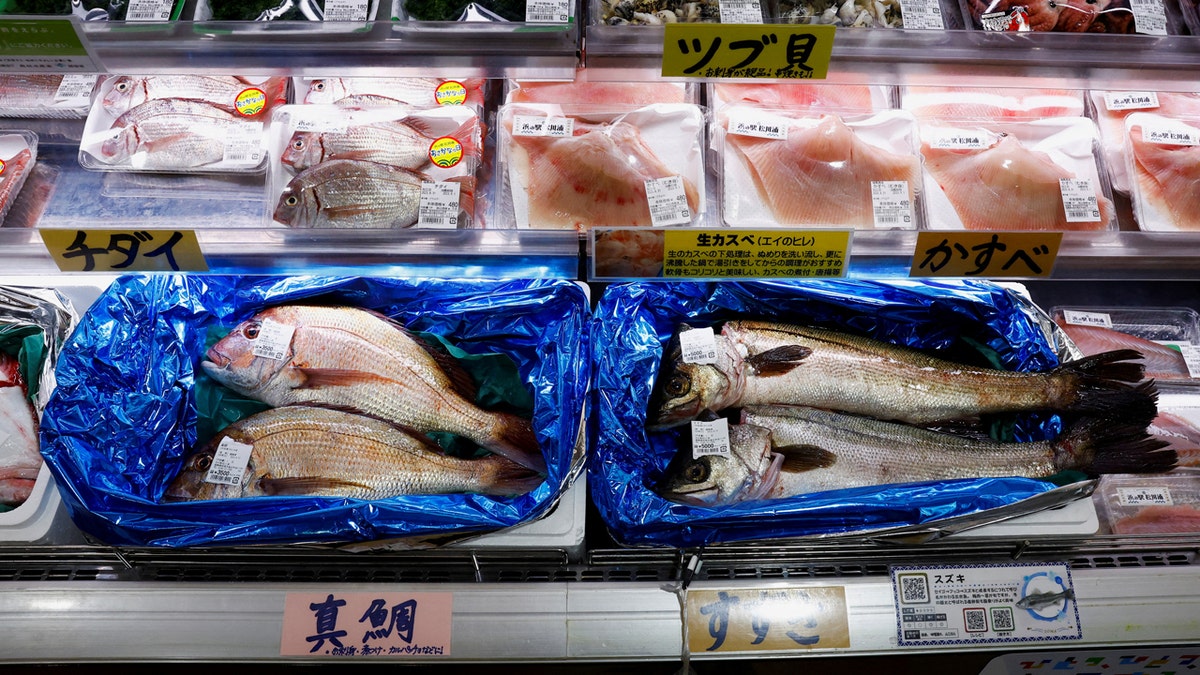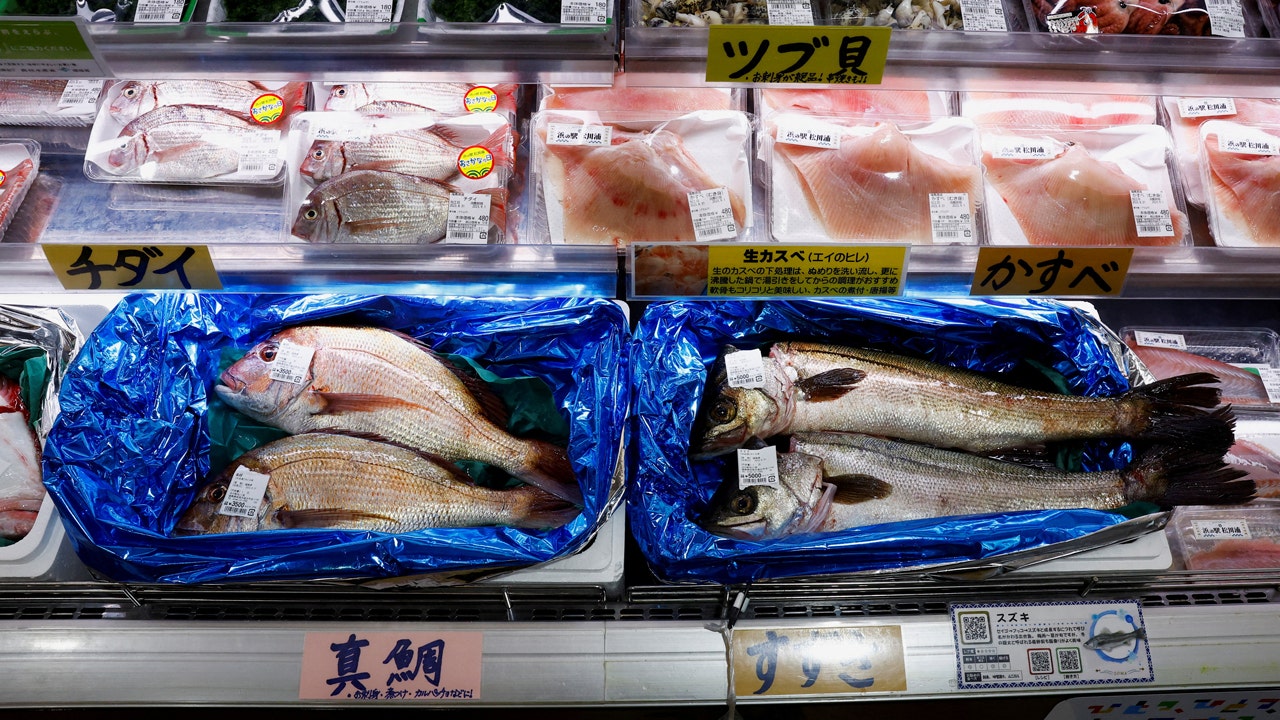Russia is considering joining China in banning Japanese seafood imports after Japan released treated radioactive water from the wrecked Fukushima nuclear power plant into the sea and is seeking talks with Japan over the matter, a statement from the Russian food safety watchdog, Rosselkhoznadzor, said on Tuesday.
Last month, Japan started releasing the water from the plant into the ocean, which drew strong criticism from China and led to a blanket ban on all aquatic imports from Japan. Now, Russia, one of China’s biggest marine product suppliers, is contemplating imposing similar restrictions to protect against radiation contamination.
Rosselkhoznadzor said it had communicated with its Chinese counterparts regarding Japanese food exports and is looking to increase its market share in China. However, considering the potential risks, the regulator is exploring the possibility of aligning with China’s restrictions on fish products from Japan. The final decision will be made after negotiations with Japan.
According to the regulator, Russia has imported 118 tonnes of Japanese seafood so far this year.
Rosselkhoznadzor also revealed that it has sent a letter to Japan requesting information on the country’s radiological testing of exported fish products, including tritium, by October 16.
NORTH KOREAN BORDERS OPEN TO FOREIGN VISITORS FOR FIRST TIME SINCE COVID-19: REPORT

A view of locally caught seafood at the Hamanoeki Fish Market and Food Court in Soma, Fukushima Prefecture, Japan, on August 31, 2023. (REUTERS/Kim Kyung-Hoon/File Photo)
CLICK HERE TO GET THE FOX NEWS APP
Japan claims that after the treatment process, the water is safe and most radioactive elements, except tritium, are removed. The water is diluted to internationally accepted levels before being released. However, Russia and China have expressed concerns, and Japan argues that there is no scientific evidence to support their criticism.
In its latest report on water testing, Japan’s Ministry of Environment stated that the analysis results of seawater samples from September 19 showed tritium concentrations below the lower limit of detection at all 11 sampling points, affirming that it poses no adverse impact on human health and the environment.
Additionally, Rosselkhoznadzor’s far eastern branch reported that no irregularities were found in marine samples taken from Russian regions close to the area where the treated water was released.
According to Russia’s fisheries agency, the country exported 2.3 million metric tons of marine products worth approximately $6.1 billion last year. China, South Korea, and Japan are the largest importers of Russian seafood.
Denial of responsibility! Vigour Times is an automatic aggregator of Global media. In each content, the hyperlink to the primary source is specified. All trademarks belong to their rightful owners, and all materials to their authors. For any complaint, please reach us at – [email protected]. We will take necessary action within 24 hours.


